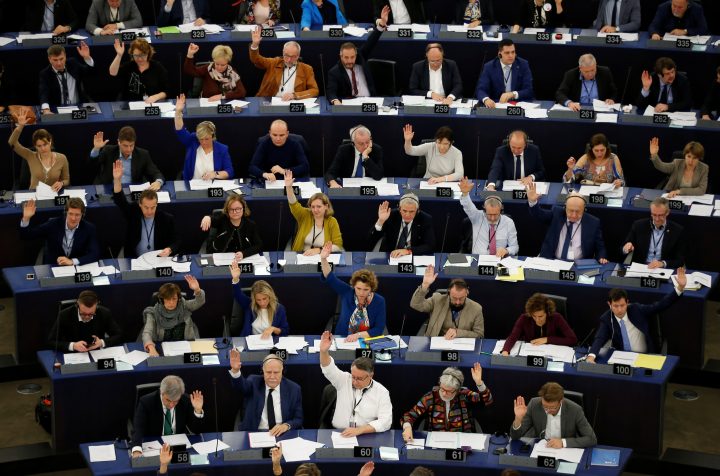BRUSSELS — The European Union’s legislature declared a climate “emergency” on Thursday in a symbolic bid to push the issue as high as possible on the agenda of the EU’s executive team.

The parliament voted 429/225 with 19 abstentions to call the increasing environmental challenges linked to climate change an “emergency.”
Renew Europe MEP Pascal Canfin, who initiated the move, said it made Europe “the first continent to declare a climate and environmental emergency.” Canfin said the parliament is meeting the expectations of European citizens.
The 28-nation EU has long been at the forefront of the global climate debate, a role that has been reinforced since the United States pulled out of the Paris climate agreement.
And new EU Commission President Ursula von der Leyen has already stressed that climate change will be the top priority early on in her five-year term which starts on Sunday.
She called the crisis “existential” and added “how can it not be existential when we see Venice under water, Portugal’s forests on fire, or Lithuania’s harvests cut by half, because of droughts?”

She will be travelling to Madrid on Monday to attend the opening of the climate summit and push that point.
Von der Leyen’s Germany has long been an incubator of Europe’s environmental consciousness and on Thursday, activists staged protests targeting coal-fired power plants and mines in the country.
In Berlin, members of the group Robin Wood dropped a banner from one of the capital’s power stations reading “Black coal can be deadly” — echoing the mandatory health warnings on cigarette packets.
Near the western town of Garzweiler, dozens of Greenpeace activists clambered aboard giant excavators to demand an end to coal mining at one of Europe’s biggest open-cast pits.
Further protests were expected in the eastern Lusatia region, which also supplies much of Germany’s lignite coal.



Comments